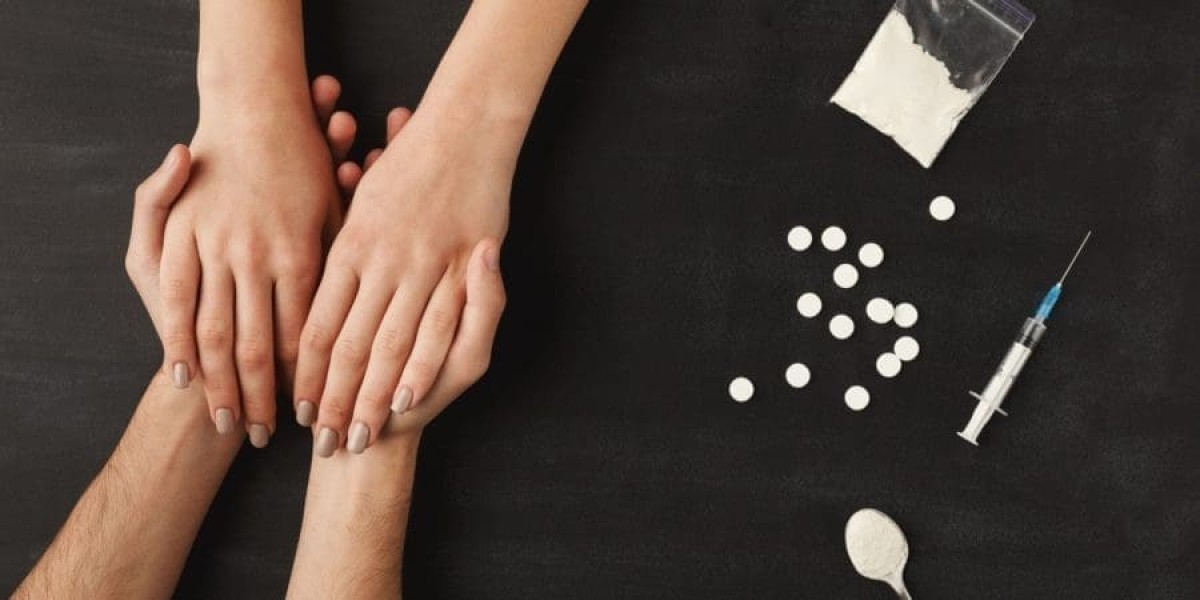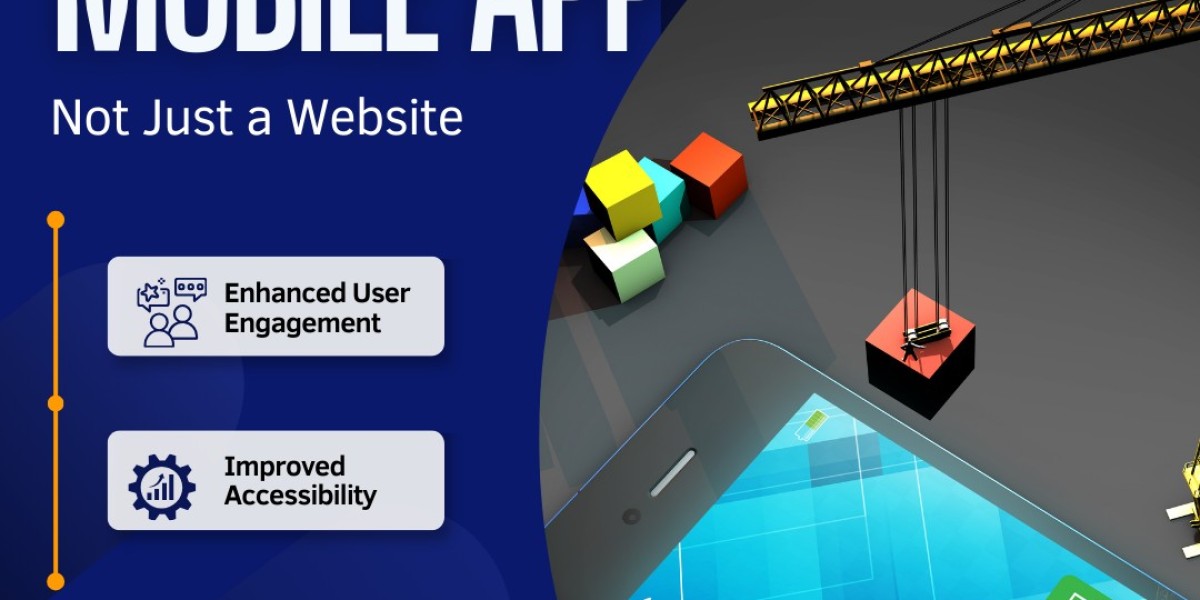Introduction
Drug addiction is a serious public health concern in Malaysia. With the rise in drug-related offenses and the increasing number of individuals affected by substance use disorders, effective drug addiction treatment in Malaysia has become more crucial than ever. From detoxification programs to long-term rehabilitation support, Malaysia offers a range of services to help individuals break free from the grip of addiction. This article provides a comprehensive overview of the available resources, focusing on the importance of rehabilitation centres for drug addicts in Malaysia and the national strategies being implemented to curb drug abuse.
Understanding Drug Use and Abuse in Malaysia
Drug in Malaysia is often linked with social, economic, and legal consequences. While cannabis, heroin, and methamphetamine are among the most commonly abused substances, synthetic drugs like ecstasy and ketamine are also increasingly prevalent. The availability of these substances and their use among youth and working adults highlight a pressing need for structured intervention.
The National Anti-Drugs Agency (NADA), under Malaysia's Ministry of Home Affairs, actively monitors and reports on drug trends. Their data reveals a consistent rise in drug cases, prompting a national focus on strengthening rehabilitation and prevention.
Why Drug Addiction Treatment is Important
Drug addiction treatment in Malaysia not only aims to eliminate substance dependence but also addresses the physical, psychological, and social aspects of addiction. Substance abuse often leads to health complications, legal issues, damaged relationships, and loss of employment. Professional treatment is vital for restoring individuals to a functional and fulfilling life.
Effective drug addiction treatment involves more than just detox. It includes therapy, counseling, medication (when needed), skill-building, and social reintegration. The goal is long-term recovery and relapse prevention.
Types of Drug Addiction Treatment Available in Malaysia
Malaysia offers a variety of drug addiction treatment programs tailored to individual needs. These include both government-supported and private options. Some of the main types of treatment include:
Detoxification Programs
This is the first step in many recovery processes. Detox programs help patients safely withdraw from drugs while managing withdrawal symptoms under medical supervision. In Malaysia, several hospitals and private clinics offer detox services.
Inpatient Rehabilitation Centres
Inpatient rehabilitation centre for drug addicts in Malaysia provides structured environments where individuals can focus entirely on recovery. These facilities offer residential treatment that typically includes:
- Behavioral therapy
- Group and individual counseling
- Skill development sessions
- Recreational activities
- Medication-assisted treatment (when necessary)
Government-run rehab centres like Cure & Care (C&C) clinics are well-known examples. These centres adopt a holistic approach by integrating health, psychology, and social work into the recovery process.
Outpatient Rehabilitation Programs
Not every patient requires residential care. Outpatient programs allow individuals to continue with their daily responsibilities while attending scheduled treatment sessions. This is ideal for those with mild addiction or strong family support systems.
Outpatient programs usually include:
- Counseling sessions
- Urine drug tests
- Family therapy
- Peer support groups
Therapeutic Communities (TCs)
Therapeutic communities are structured, long-term residential programs where patients live together and support each other under the guidance of trained professionals. These programs, often lasting 6–12 months, emphasize mutual responsibility, social skills, and self-discipline.
Faith-Based and Community Support Programs
Many faith-based organizations in Malaysia offer drug rehabilitation services rooted in religious or spiritual principles. These centres may integrate prayer, moral teaching, and faith counseling into the recovery process. Community-driven programs also play a significant role in educating the public and reducing stigma.
Private Rehabilitation Centres for Drug Addicts in Malaysia
Private rehabilitation centres are growing in popularity due to their personalized care and better facilities. These centres often offer:
- Customized treatment plans
- One-on-one therapy
- Modern amenities
- Nutritional support
- Yoga, meditation, and mindfulness sessions
However, they tend to be more expensive than government facilities, making accessibility a concern for some.
Government Support and Policies on Drug in Malaysia
Malaysia’s government has taken significant steps to address the drug problem through prevention, treatment, and enforcement. Key efforts include:
National Anti-Drug Strategy
The National Anti-Drug Strategy emphasizes a multi-pronged approach involving:
- Law enforcement
- Education and prevention
- Treatment and rehabilitation
- Community engagement
Role of the National Anti-Drugs Agency (NADA)
NADA plays a pivotal role in implementing drug policies, operating rehabilitation centres, and conducting outreach programs. Their community-based rehabilitation and support programs have been successful in reintegrating recovering addicts into society.
Cure & Care (C&C) Clinics
These government-run clinics provide accessible and affordable treatment for all Malaysians. Their services include:
- Screening and assessment
- Detoxification
- Methadone maintenance therapy
- Counseling and therapy
- Aftercare services
C&C Clinics embody the shift from punitive measures to treatment-based approaches in drug policy.
Challenges in Drug Addiction Treatment in Malaysia
While there has been progress, the journey toward effective drug addiction treatment in Malaysia is not without obstacles:
Stigma and Social Judgment
One of the biggest challenges is the stigma surrounding drug addiction. Many individuals hesitate to seek help due to fear of judgment, social isolation, or discrimination in employment and education.
Limited Access in Rural Areas
While urban centres have better access to treatment, rural areas still face a shortage of specialized facilities and professionals.
High Relapse Rates
Like in many countries, relapse remains a concern. Continued aftercare and support are essential to prevent recurrence.
Need for More Trained Professionals
Malaysia requires more addiction counselors, psychologists, and social workers to meet the increasing demand for professional treatment services.
Rehabilitation Success Stories in Malaysia
To better understand the impact of rehabilitation, consider these real-life examples:
- Ali (name changed), age 32, was addicted to methamphetamine for over 7 years. After enrolling in a Cure & Care centre, he underwent therapy, vocational training, and family counseling. Today, he is drug-free and runs his own small business.
- Nurul (name changed), age 28, battled heroin addiction since her teenage years. A private rehab facility provided intensive care, and she later joined a support group in Kuala Lumpur. She now volunteers at a community centre to help others recover.
These success stories show that with the right support, recovery is possible.
Role of Education in Combating Drug Addiction
As an education service provider, your role in raising awareness and preventing addiction is critical. Education serves as the first line of defense. Here’s how educational institutions can help:
- Integrate drug education into school curricula
- Organize awareness seminars and workshops
- Encourage peer mentoring programs
- Facilitate school counseling services
- Partner with local rehabilitation centres for student referrals
Informed students are less likely to experiment with drugs, and those who do are more likely to seek help early.
Tips for Choosing a Rehabilitation Centre in Malaysia
Whether you’re helping a loved one or seeking treatment yourself, selecting the right rehabilitation centre is vital. Consider these factors:
- Licensing and credentials
- Qualified staff (therapists, doctors, counselors)
- Treatment approach and program structure
- Success rates and testimonials
- Aftercare and follow-up support
- Cost and insurance coverage
Visit the facility if possible, ask questions, and ensure the environment feels safe and supportive.
Frequently Asked Questions
What is the cost of drug addiction treatment in Malaysia?
Costs vary depending on the centre. Government-run facilities are generally free or low-cost, while private centres may charge between RM3,000 to RM10,000 monthly, depending on services offered.
Are drug rehabilitation centres in Malaysia effective?
Yes, especially those offering holistic, individualized treatment and follow-up support. Long-term recovery often depends on the patient’s commitment and the quality of care provided.
Is drug addiction considered a crime in Malaysia?
Possession and use of drugs are criminal offenses under Malaysian law. However, the government has shifted toward a more treatment-based approach, especially for first-time offenders and those seeking help voluntarily.
How long does rehabilitation take?
Rehabilitation duration varies depending on the addiction severity and the treatment program. Detox may take a few days, while residential programs may last from 1 to 12 months.
Can families be involved in the treatment process?
Absolutely. Most treatment centres in Malaysia encourage family involvement through therapy sessions, education programs, and support groups.
Conclusion
Drug addiction is a growing concern in Malaysia, but it is not insurmountable. With an increasing number of rehabilitation centres for drug addicts in Malaysia, as well as robust government policies and community support systems, there is hope for every individual struggling with addiction. Whether through outpatient care, inpatient rehab, or community-driven initiatives, the key to overcoming addiction lies in timely intervention, education, and continued support.







